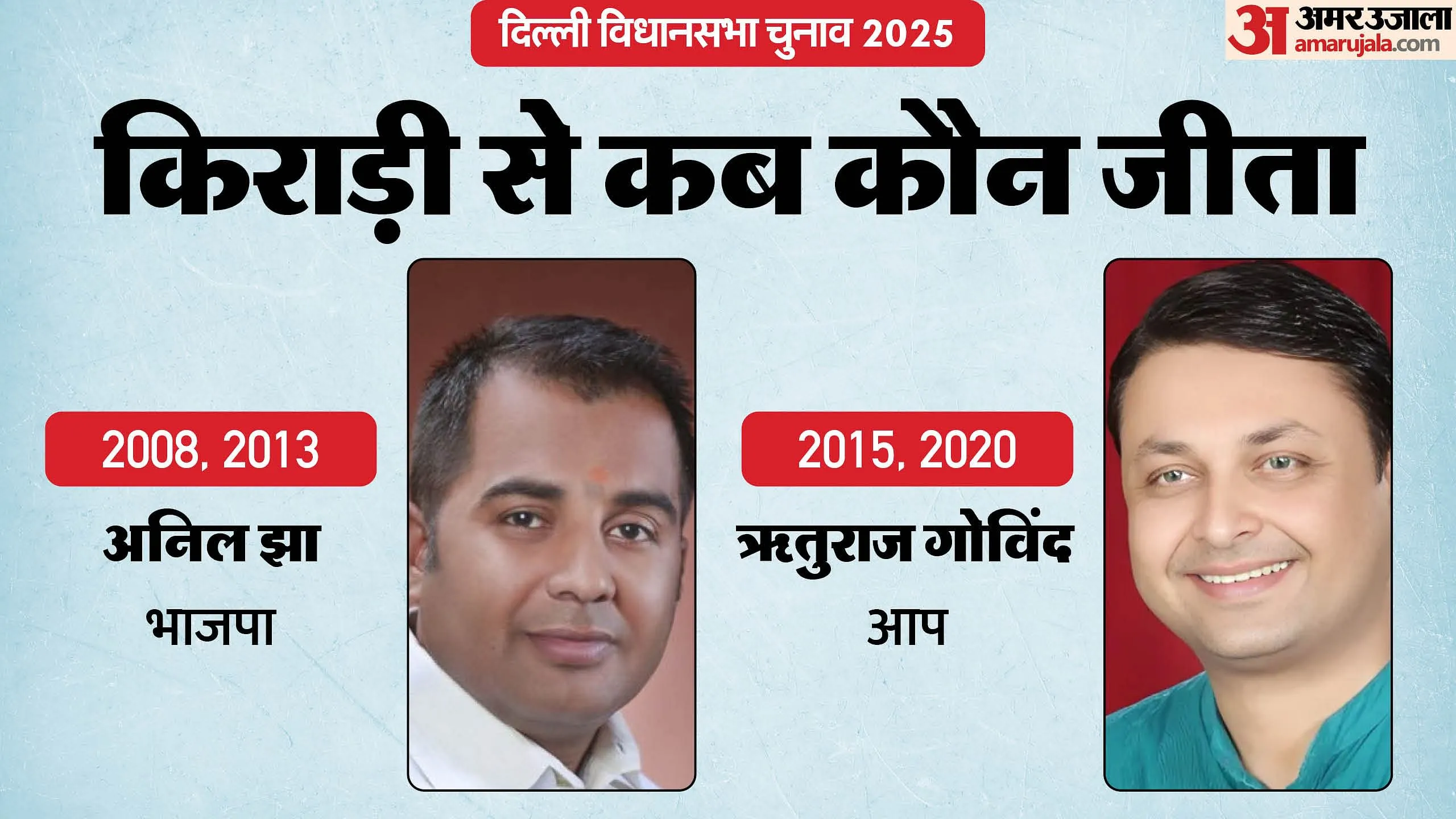Election 2025: The Battle for America’s Future Begins Now!
As the political landscape of the United States continues to evolve, the upcoming 2025 election emerges as a critical moment that could fundamentally reshape the nation’s democratic foundations. Project 2025, a controversial initiative gaining significant attention, stands at the center of a high-stakes political showdown that promises to challenge traditional governance structures.
The political arena is heating up with unprecedented intensity, as candidates and political movements prepare for what many analysts describe as potentially the most consequential election in recent American history. Key issues ranging from civil rights to economic policy are converging to create a complex and volatile electoral environment.
The Emerging Political Landscape
Voter engagement has reached new heights, with younger generations showing unprecedented political activism. Youth voter turnout is expected to play a crucial role in determining the election’s outcome, particularly around critical issues such as:
- Climate change and environmental sustainability
- Economic inequality
- Civil rights and social justice
- Healthcare reform
- Immigration policy
“This election is not just about choosing a leader, but about defining the future of American democracy,” says Dr. Elena Rodriguez, a prominent political analyst from the National Policy Institute.
Project 2025: A Controversial Blueprint
The Project 2025 initiative has emerged as a lightning rod of political debate. Critics, including the American Civil Liberties Union (ACLU), argue that the project threatens to create an “imperial presidency” by significantly altering the system of checks and balances.
Key concerns surrounding Project 2025 include:
– Potential erosion of democratic principles
– Expanded executive power
– Reduced legislative oversight
– Challenges to existing civil liberties
Economic and Social Dynamics
Economic factors will undoubtedly play a pivotal role in shaping voter preferences. The Committee for Economic Development (CED) has outlined a comprehensive policy framework addressing:
- Inflation management
- Job growth strategies
- Healthcare cost reduction
- Technology and innovation investments
Voting Trends and Electoral Integrity
The rise of mail-in and absentee voting continues to transform electoral participation. States are adapting their voting regulations, with increased focus on:
- Voter accessibility
- Election security measures
- Technological voting solutions
- Combating potential misinformation
Media and Campaign Strategies
Social media and traditional media platforms are expected to play an unprecedented role in shaping electoral narratives. Candidates are leveraging innovative digital strategies to:
- Mobilize grassroots support
- Engage younger voters
- Counter misinformation
- Build transparent communication channels
International and Domestic Policy Intersections
Foreign policy stances, particularly regarding relationships with global powers like China and Russia, will significantly influence voter perceptions of national security and leadership competence.
The Road Ahead
As the 2025 election approaches, the political landscape remains fluid and unpredictable. Candidates will need to navigate complex social, economic, and technological challenges while maintaining voter trust and demonstrating clear, actionable policy vision.
Final Thoughts
The 2025 election represents more than a simple transfer of political power. It is a referendum on the very nature of American democracy, the role of government, and the future direction of the United States.
Disclaimer: This article provides an analytical perspective and does not endorse any specific political candidate or party.
About the Author: This comprehensive analysis is based on research from multiple sources, including policy institutes, academic research, and current political discourse.






Leave a Comment